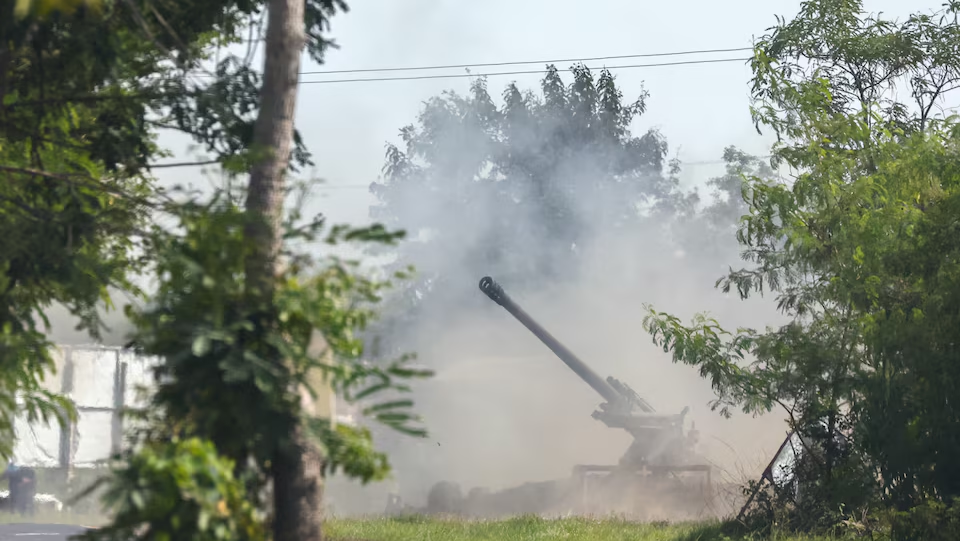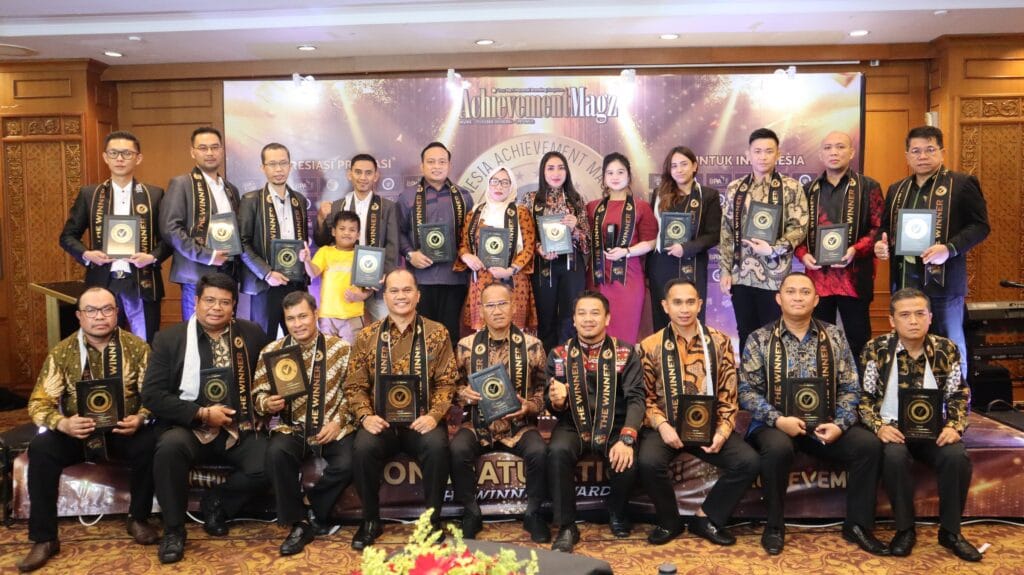Bangkok, Thailand – Fighting along the Thai–Cambodian border has intensified into the worst hostilities in over a decade, with artillery exchanges stretching into a second day. Despite mounting pressure from regional and international actors, Thai officials on Friday underscored that Bangkok favours bilateral negotiations with Phnom Penh rather than third-party mediation.
The dispute, rooted in a century-old sovereignty conflict, escalated following landmine explosions that injured Thai soldiers earlier this week. In response, Thailand expelled Cambodia’s envoy and recalled its ambassador from Phnom Penh, triggering a chain of military escalations. Both sides have since traded accusations of provocation as border clashes continue across multiple frontline positions.
Offers of mediation from the United States, China, and Malaysia — the current ASEAN chair — have so far been rebuffed. “I don’t think we need any mediation from a third country yet,” Thai foreign ministry spokesperson Nikorndej Balankura told Reuters, stressing that Bangkok still believes direct engagement with Cambodia remains the most viable solution.
Vice Minister of Foreign Affairs Russ Jalichandra echoed this stance, noting that bilateral mechanisms “have not been exhausted” and that Thailand’s priority is for Cambodia to first halt its border offensives. “Our doors are still open,” he added.
Cambodian Prime Minister Hun Manet, however, claimed both sides had initially agreed to a ceasefire proposal from Malaysian Prime Minister Anwar Ibrahim on Thursday, only for Thailand to later withdraw support. Phnom Penh has since taken the matter to the United Nations Security Council, urging action against what it calls “premeditated military aggression.”
The UN Security Council is expected to hold closed-door consultations on the conflict, though prospects for swift de-escalation remain uncertain. Meanwhile, on the ground in Surin Province, Thai mobile artillery units were seen firing toward Cambodian positions, signalling that military operations remain active despite diplomatic overtures.
Analysts caution that the dispute carries broader implications for ASEAN unity. With Malaysia stepping in as mediator and Thailand insisting on bilateralism, the conflict exposes the bloc’s limited leverage when member states pursue unilateral strategies. It also risks drawing in external powers, with both Washington and Beijing signaling concern.
Whether the clash hardens into a prolonged standoff or yields to negotiations will depend largely on Bangkok and Phnom Penh’s ability to recalibrate their positions. For now, Thailand insists the confrontation is strictly bilateral, while Cambodia seeks wider international involvement — a divergence that could shape ASEAN’s role in managing intra-regional disputes.








